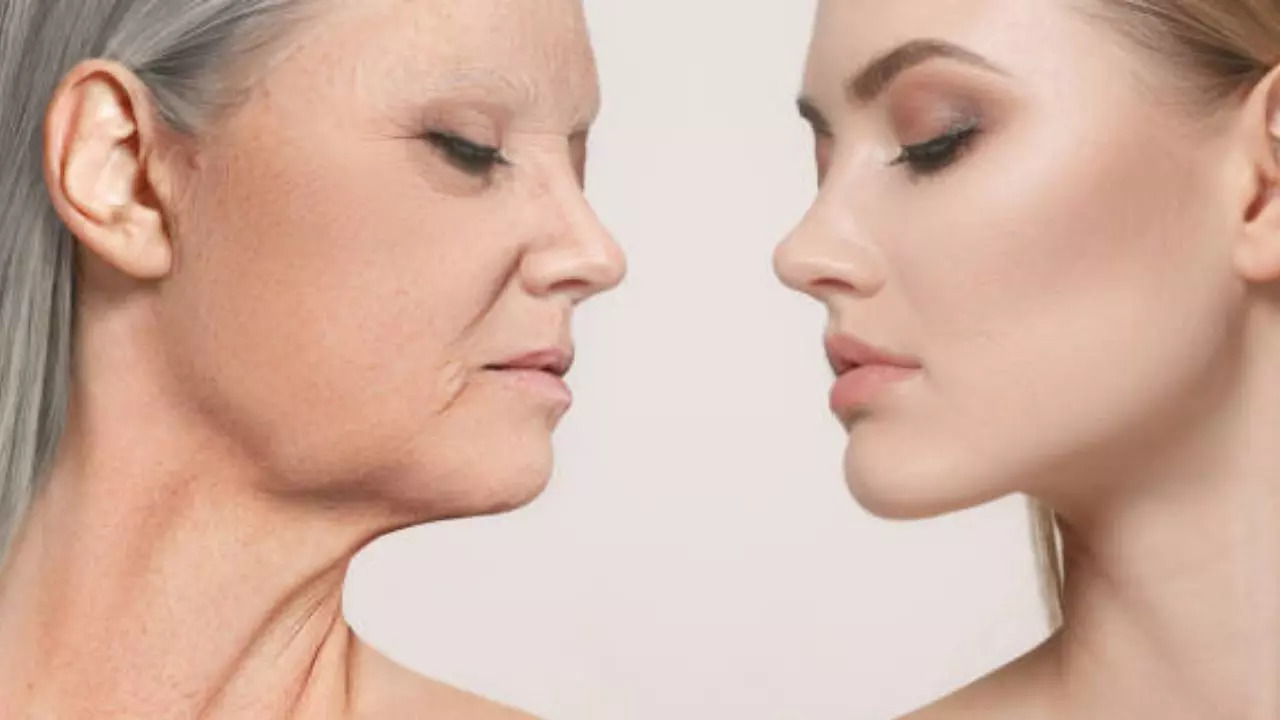5 Health Tips from Japan to Help Fight Aging (Image credit: iStock)
Japan is often considered to be one of the countries with the longest life expectancy and lowest rates of age-related diseases. Japanese culture places a strong emphasis on health, well-being and longevityand many of its practices have been shown to help combat the signs of aging. From your diet to your lifestyle habits, these time-tested techniques are slowly gaining worldwide attention. We have listed five key health tips from Japan that can help you maintain youth and combat the effects of aging.
1. Harness the power of green tea
Green tea, or “ocha,” is a staple in Japanese culture and is known for its anti-aging properties. Green tea is rich in antioxidants, particularly catechins and polyphenols, which help fight free radicals in the body. Free radicals are unstable molecules that damage cells and contribute to aging and the development of chronic diseases.
A study published in the journal JAMA found that people who consumed more than five cups of green tea a day had a lower risk of cardiovascular disease and lived longer than those who consumed less. The anti-inflammatory and antioxidant properties of green tea can help improve skin health, reduce wrinkles, and protect against sun damage, keeping skin young and radiant.
Advice: Incorporate green tea into your daily routine by replacing sugary drinks or coffee with 2 to 3 cups of green tea to improve skin health and vitality.
2. Follow a Plant-based diet (Washoku)
The traditional Japanese diet, known as washoku, emphasizes plant-based foods, fresh fish, vegetables, seaweed, and fermented foods such as miso and natto. This diet is rich in fiber, vitamins and minerals and low in saturated fat and sugar. The Washoku diet has been linked to lower rates of obesity, heart disease and diabetes, which are common ailments associated with aging in the Western world.
According to a study published in the BMJ, people who follow a plant-based diet experience slower aging and have a reduced risk of age-related diseases. In particular, seaweed, which is commonly consumed in Japan, is packed with essential nutrients such as iodine, calcium, magnesium and omega-3 fatty acids, which help maintain skin elasticity and hydration.
Advice: Incorporate more plant-based foods, seaweed, and fermented dishes like miso soup into your diet to promote long-term health and youthful skin.
3. Practice Hara Hachi Bu (Eat up to 80 percent full)
One of the most well-known concepts of diet in Japan is Hara Hachi Bu, which means eating until you are 80 percent satiated. This practice is particularly common in Okinawa, a region of Japan known for having one of the largest numbers of centenarians (people who have lived more than 100 years). Hara Hachi Bu encourages mindful eating and portion control, which has been shown to promote longevity and combat obesity-related diseases.
A study published in Nature Communications revealed that calorie restriction without malnutrition slows the aging process and extends lifespan in several species, including humans. The practice of eating in moderation helps maintain a healthy body weight, improves metabolic function, and reduces oxidative stress, all of which are linked to aging.
Advice: Take the Hara Hachi Bu approach by slowing down your pace during meals, eating smaller portions, and stopping when you feel 80 percent full to promote long-term health and longevity.
4. Stay active with daily movement
In Japan, daily physical activity is integrated into everyday life. Instead of relying on gyms or structured training sessions, the Japanese incorporate natural movements into their daily routine, such as walking, cycling, gardening, or practicing traditional exercises such as tai chi and yoga.
According to a study published in The Lancet, regular physical activity is one of the most effective ways to reduce the risk of age-related diseases such as heart disease, stroke, diabetes and dementia. Daily movement improves cardiovascular health, strengthens muscles and bones, and keeps the mind alert.
Advice: Engage in natural physical activities such as walking or cycling for at least 30 minutes a day to promote healthy aging. Practicing mindfulness exercises such as yoga or tai chi can also reduce stress and improve mental clarity.
5. Prioritize sleep and rest
Japanese culture values rest and sleep as crucial components of a healthy lifestyle. Getting good sleep is essential for physical and mental rejuvenation, and studies have shown that it plays a vital role in the fight against aging. During deep sleep, the body repairs damaged cells, produces collagen, and eliminates toxins, all of which contribute to a youthful appearance.
A study published in the Journal of Clinical Sleep Medicine highlighted that poor sleep quality accelerates the aging process by affecting the integrity of the skin, increasing stress levels and reducing cognitive function. The Japanese follow a structured sleep schedule and often take afternoon naps, or “inemuri,” which are believed to help recharge the body.
Advice: Prioritize 7 to 8 hours of quality sleep each night and take short naps during the day if necessary to maintain healthy skin, reduce stress, and promote mental alertness.
Disclaimer:
The information contained in this post is for general information purposes only. We make no representations or warranties of any kind, express or implied, about the completeness, accuracy, reliability, suitability or availability with respect to the website or the information, products, services, or related graphics contained on the post for any purpose.
We respect the intellectual property rights of content creators. If you are the owner of any material featured on our website and have concerns about its use, please contact us. We are committed to addressing any copyright issues promptly and will remove any material within 2 days of receiving a request from the rightful owner.

